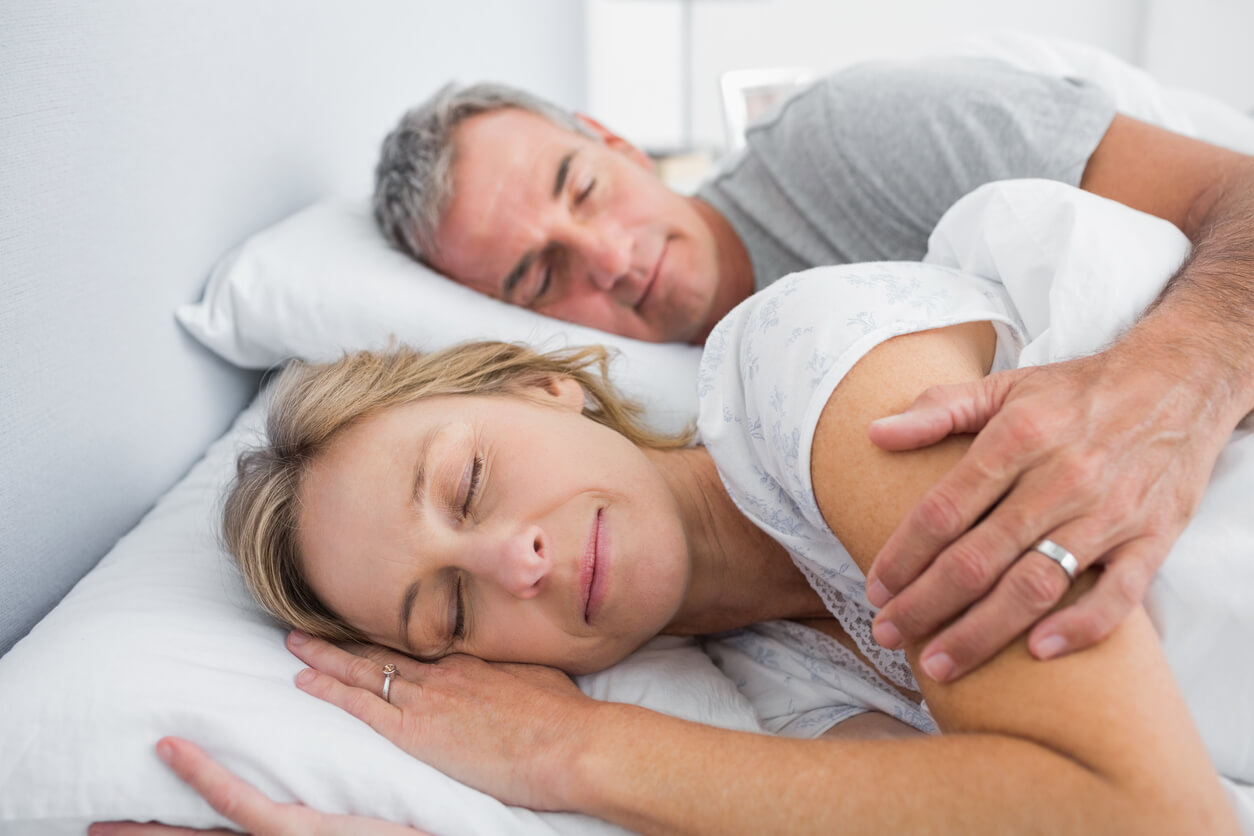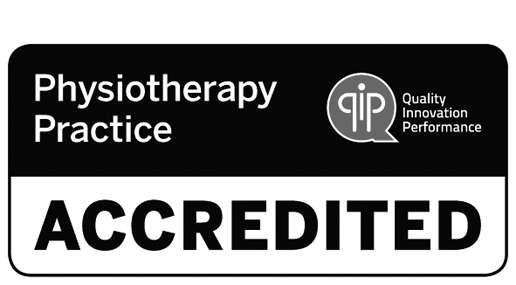
Sleep: Your Superpower
Good sleep is hard to come by during this pandemic. The challenges of working from home, juggling home schooling or young children not attending care, missing friends and family, and increased stress, worry or financial uncertainty can all contribute to keeping you awake. Unfortunately, not getting enough sleep has a big impact on our mental and physical health. This article shares our top “sleep hygiene” tips to help ensure you have a more restful night’s sleep.
Sleep and Health
Sleep disturbances are well documented to be associated with many chronic health issues. During sleep, the pituitary gland in the brain releases hormones that turbo charge the maintenance and repair of our internal tissues and muscles. Our immune system also produces crucial proteins that help fight disease and aid recovery from illness. When we are asleep, the brain cells shrink by up to 60% – the gaps created allow the brain to be flushed out with cerebrospinal fluid, removing waste toxins that build up when our brain is awake. This nightly cleanout is essential for healthy brain function in all of us.
Sleep is the washing machine for the brain – it cleans out the waste toxins!
Sleep influences all of the body’s major physiologic systems, including thermoregulatory, musculoskeletal, endocrine, respiratory, cardiovascular, gastrointestinal, and immune systems. Sleep also impacts a person’s weight, mental health and overall quality of life. Poor sleep reduces recovery from chronic conditions. Lack of sleep is also like jet lag – it affects our movements, behaviour, and our immunity.
A recent study from USA has found that women with bladder urgency and incontinence have reduced quality of sleep, and the worse their bladder control is, the worse their sleep quality is1.
Recent research has also shown a link between insomnia and chronic pain. A study from Sweden of nearly 1000 men and women found that people with insomnia were more likely to develop chronic pain2. Additionally, among people with chronic pain, many of them also have insomnia3.
How Can I Improve My Sleep?
The National Sleep Foundation recommends adults sleep 7-9hrs each night. If you are not getting enough sleep, some of these “Sleep Hygiene” tips might help:
- Keep stimulants such as caffeine, nicotine and alcohol to a minimum. The most important time to minimise these are 4-6 hours before bed, but keep in mind that caffeine can stay in your system for up to 24 hours.
- Avoid naps during the day, and especially not after 3pm.
- Get into a routine: getting up at the same time each morning and going to bed at the same time each night (even on the weekend) improves the quality of your sleep.
- Have a buffer zone of 1-2 hours between any stimulating evening activities and going to bed. During this wind-down time turn off computers and similar electronic devices. Light from these devices suppresses melatonin, a hormone that helps you sleep.
- Undertake relaxing activities like watching pleasant TV programs, reading, listening to music, chatting, reading magazines, having a warm bath or shower, or drinking a warm non-caffeinated, non-alcoholic drink. Have a hot milk before bed - a brain trigger for sleep.
- Keep your bedroom cool: around 18° is optimal for most people.
- If your bladder is waking you overnight – check out our blog on peeing overnight.
- Don’t spend your day in your bedroom etc. studying or watching TV – bedroom is for sleep and intimacy only.
- If you are lying awake feeling frustrated, then get out of bed and do something relaxing until you feel more ready for sleep. Keep the lights dim.
- If you wake up in the middle of the night, don’t turn on your screen – read, stretch, focus on your breathing or even try and contract and relax your facial muscles in turn - this is still a form of rest.
Most importantly, make sleep a priority. You must schedule sleep like any other daily activity, so put it on your "to-do list" and cross it off every night. But don’t make it the thing you do only after everything else is done – stop doing other things so you get the sleep you need.
References
1Winkleman, W., Warsi, Q., Huang, A., Schembri, M., Rogers, R., Richter, H. … & Subak, L. (2018). Sleep quality and daytime sleepiness among women with urgency predominant urinary incontinence. Female Pelvic Med Reconstr Surg, 24(2), 76–81.
2 Wiklund T, Gerdle B, Linton SJ, Dragioti E, Larsson B. Insomnia is a risk factor for spreading of chronic pain: A Swedish longitudinal population study (SwePain). Eur J Pain. 2020;00: 1–9. https://doi.org/10.1002/ejp.1582
3 Nijs, J., Mairesse, O., Neu, D., Leysen, L., Danneels, L., Cagnie, B., Meeus, M., Moens, M., Ickmans, K. and Goubert, D. (2018). Sleep Disturbances in Chronic Pain: Neurobiology, Assessment, and Treatment in Physical Therapist Practice. Physical Therapy, 98(5), pp.325-335.
National Sleep Foundation, https://sleepfoundation.org
Sleep Health Foundation, http://www.sleephealthfoundation.org.au
September 2020




